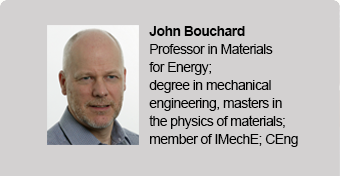1 Career development planning
1.1 PDP and career development
To start you thinking more deeply about what personal development planning actually means, and why it is useful to you as a student and as an engineering professional, here are some statements about its role in (engineering) education.
PDP is a structured and supported process undertaken by a learner to reflect upon their own learning, performance and/or achievement and to plan for their personal, educational and career development. It is an inclusive process, open to all learners, in all HE provision settings, and at all levels.
The primary objective for PDP is to improve the capacity of individuals to understand what and how they are learning, and to review, plan and take responsibility for their own learning. This will help students:
- become more effective, independent and confident self-directed learners
- understand how they are learning and relate their learning to a wider context
- improve their general skills for study and career management
- articulate personal goals and evaluate progress towards their achievement
- develop a positive attitude to learning throughout life.
The most important ideas to take from the statements presented above are those of responsibility, reflection and undergoing a continuous process. But in addition, and quite significantly because of the theme of this course, career development is also referred to as a key part of personal development planning. Thus we can apply each of the three key ideas of PDP in general to career development planning specifically, as follows:
- A willingness to take responsibility for personal development planning is something that more and more employers are expecting from their employees.
- Reflection is one of the key cognitive skills you need to create evidence for in this course, and thinking critically and thinking for a purpose are two key aspects of reflection. For example, later in this course you will be asked to think critically about your strengths and weaknesses when mapping your skills and competences against the demands of relevant occupational standards and frameworks. This involves thinking for a purpose – in order to identify skills gaps and potential development needs.
- The notion that the cycle of reflection, planning and action must be a continuous one is also crucial and links the process to lifelong learning and employability.
Now take a few minutes here to listen to the interview with Professor John Bouchard. John comments on how, at each stage of his career, he stepped back and thought about what he was enjoying and how he would use this to determine his next career move. If he hadn't taken the time to think about what he enjoyed and what he was good at, he probably wouldn't be doing what he is now.

